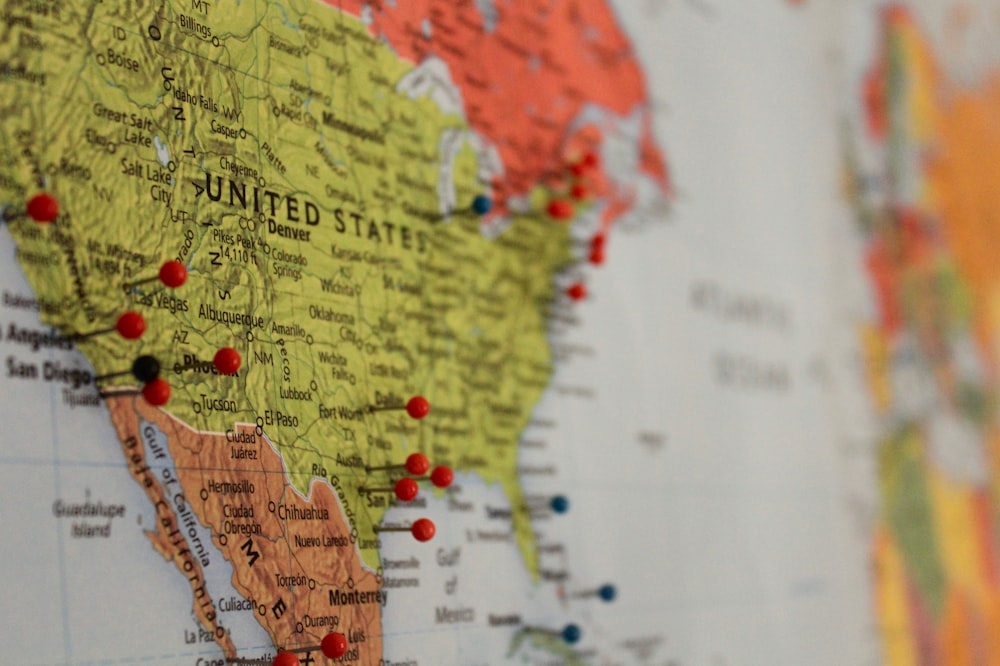Do I need non-owned car insurance in my state?
If you take rides from friends and family members, borrow or rent cars, or ride your bike in traffic, non-owner auto insurance can provide you with financial protection and peace of mind.

If you take rides from friends and family members, borrow or rent cars, or ride your bike in traffic, non-owner auto insurance can provide you with financial protection and peace of mind.
What is non-owner car insurance?
Non-owner car insurance policies are meant for people who don’t own cars but occasionally drive and need coverage. They protect you from financial responsibility in a crash you cause. They also often cover medical costs if you’re in a crash regardless of whether you’re the driver, a passenger, or even a pedestrian or cyclist hit by a car.

Why would I need it?
Here’s an example. You borrow a friend’s car for a quick Ikea run. You’re pretty sure they’ve got car insurance, which usually covers you too if you only borrow their car occasionally. However, you’re not sure and you don’t know how much coverage they’ve got. If you’ve got your own non-owner auto policy, you don’t need to worry if there isn’t any coverage or enough coverage in the event of a crash. That saves you from more than just an awkward conversation. Non-owner car insurance provides many of the types of coverage car owners get in their car insurance policies. Here’s how it applies to specific situations.
- Rental cars:
If you rent cars frequently, non-owner car insurance can take the place of the liability portion of the rental car insurance rental agencies sell — at a lower rate. - Car sharing services:
If you borrow cars from car sharing companies, you will need insurance. Instead of buying theirs, you’ll have your own, often with a higher limit. - Borrowed cars:
Everyone is supposed to have car insurance if they own a car. If you borrow someone’s car and they’re not insured, an accident you’re responsible for could cost you a bundle. Non-owner car insurance covers your financial responsibility if you cause an accident that injures someone or damages their property. Just note that non-owner auto policies do not cover the car you are driving. That’s the owner’s responsibility, and you may want to make sure they have coverage on the vehicle before you drive off. - Riding in a friend’s car:
The same goes for riding in a friend’s car. If there’s a crash, your non-owner car insurance will kick in for basic medical costs, if you include medical coverage on the policy. If you’ve added uninsured/underinsured motorist coverage, you’re also protected as a passenger if you’re hit by a hit-and-run vehicle, or a driver with no insurance. - Riding a bicycle on the road:
If you commute by bike or ride often, non-owner auto insurance will pay for damages to your bike, gear, and your person if the driver who hits you is uninsured or takes off. - Past driving record:
If you have a DUI (driving under the influence) or reckless driving charge resulting in a suspended license, some states require you to get non-owner insurance and an SR-22 form. The form proves the suspended or newly reinstated driver has the minimum amount of insurance required by the state.
Non-owner car insurance by state
As with many legal issues, non-owner car insurance regulations change as you travel to different states. Here are a few examples.
- Florida:
Florida has a high rate (20 percent!) of uninsured drivers, so there’s a one-in-five chance that if you’re in a crash, the other driver will not have insurance. A non-owner car insurance policy will help in the event of a crash with an uninsured person. Contact local carriers for more information. - Massachusetts:
Massachusetts did not allow competitive pricing until 2008, so fewer insurance companies provide auto coverage in the state. Surround can help you find competitive prices and local carriers for non-owner insurance. - New York:
Non-owner car insurance is hard to find in New York City. Calling local agencies is the easiest way to find coverage. It may be easier in the suburbs, but finding a local carrier is still your best bet. - North Carolina:
It’s easy to find non-owner auto insurance in North Carolina, but not always for young drivers. In NC, you need insurance to get your driver’s license. Ask around and do a bit of research on insurance for those with learner’s permits before you buy there. The temptation is to get non-owner insurance while taking driving lessons and canceling it after you get your license. That’s not always the best move. Insurance companies like to see continuous coverage. Again, local carriers can help. - Tennessee:
Tennessee has the same or similar laws as North Carolina. Local carriers will know the local regulations.
We’ll continue to update this list of state regulations as more information becomes available.
As with all insurance, non-owner car insurance is about protection. If that’s a priority for you, contact us and we’ll be happy to guide you through the process.

